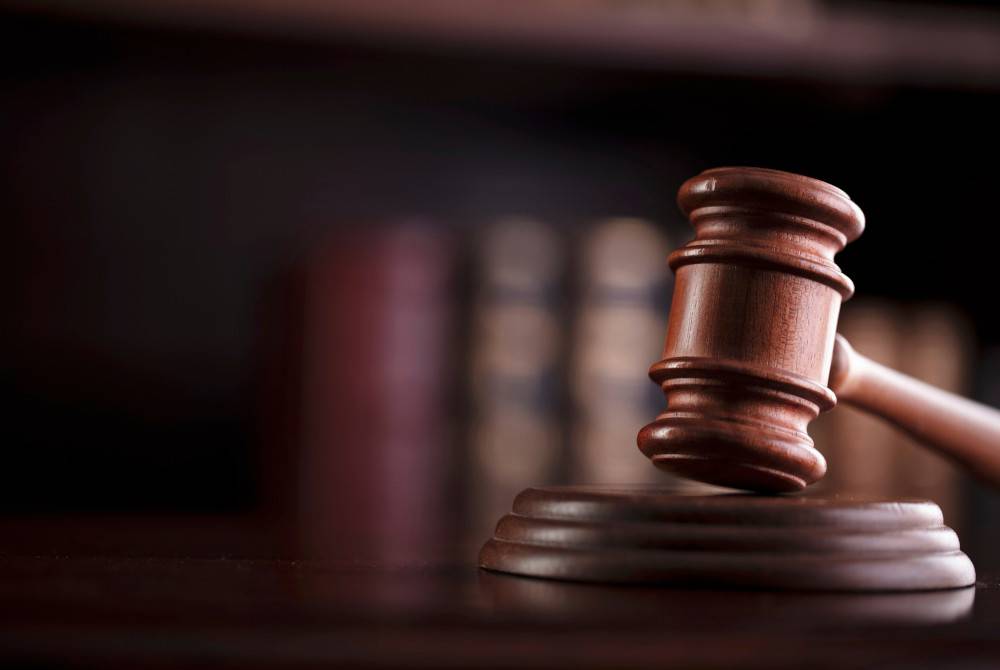Court reports should be accurate - Lawyer, journalists

KUALA LUMPUR - Not everyone gets to be on the frontline and witness "live" proceedings of court cases, only court reporters.
However, the advantage of knowing the behind-the-scenes story should not be taken as a "green light” for court reporters to share the information with others, their family members included, because of the Journalist Code of Ethics.
If mistakes are made, the "story-telling session" by the journalist concerned can lead to defamation and subjudice, thus disrupting the court case.
According to lawyer Datuk M Reza Hassan, Section 11 of the Defamation Act 1957 provides, among other things, that any report regarding court proceedings is protected by law, provided that the report is accurate and fair.
"According to the section, a journalist should report accurate news regarding the court proceedings.
"If a journalist is not certain, like on technical legal issue, then the journalist must get confirmation from the lawyer or the prosecution handling the case," he said the lawyer who has been in the legal field for 30 years when contacted by Bernama recently.
Lawyer Muhammad Amin Abdullah said journalists should report accurate news and not make sensational and misleading headlines to attract readers.
The headlines should tell what actually transpired in the court proceedings, adding that the professionalism of media practitioners is crucial to upholding the media industry in the country.
Meanwhile, news portal reporter V. Anbalagan, 64, who has 21 years of experience as a court reporter, said court journalists should be more sensitive to criminal cases involving women and children.
"When reporting criminal cases involving women and children, a journalist should not reveal the name or identity of the accused.
"Most importantly, journalists should write news based on the law and authentic sources,” he said.
Bernama court reporter Jocelyn Ann Dragon said journalists must understand and be familiar with the court proceedings to produce accurate reports on hearing of cases, witness testimony, legal arguments, and rulings.
"They must also verify the information before publishing the news story. They must adhere to legal and ethical rules when covering court cases which includes respecting reporting restrictions," said Jocelyn who has almost 29 years doing court reporting.
Sharing her views is Utusan Malaysia senior executive reporter, Suwarni Mokhtar, 46, who said that journalists assigned to cover court cases must report what happened in court without prejudice or bias.
"Court reporters also need to self-censor, especially for sexual crime cases, to report the truth and not sensationalise," she said.
According to Suwarni, who has been doing court reporting since June 2006, journalists also need to respect the rules set by the court in addition to respecting the court staff, especially judges and magistrates.
Berita Harian reporter Mohamad Faris Mohamad Fuad, when sharing his experience doing court reporting said when in court the media members and those in the public gallery are not allowed to sit cross-legged on chairs, cross their legs, fold their arms or lean against the court wall while the proceedings were in progress.
He said the public and media members should not make noise or joke in the court and also comply with the dress code.
"Before entering the court, if the proceedings are in progress, we have to bow to the judge or magistrate as a sign of respect.
"We also have to comply with the dress code, where wearing of slippers, shorts and hats are not allowed in the court," he said, adding that journalists are also prohibited from making recordings or taking pictures in court while the proceedings are in progress.
"Journalists are allowed to take notes by writing or using a notebook or laptop," he said.
Another news portal reporter, Ho Kit Yen, said press coverage is allowed for cases involving underage.
"(But) Journalists can get information on the case (involving juveniles) from the deputy public prosecutor and lawyer," she said.
Themed Etika Teras Kewartawanan Mapan, the National Journalists’ Day (Hawana) 2024 celebration will take place from May 25 to 27 in Kuching, Sarawak. - BERNAMA
Download Sinar Daily application.Click Here!














